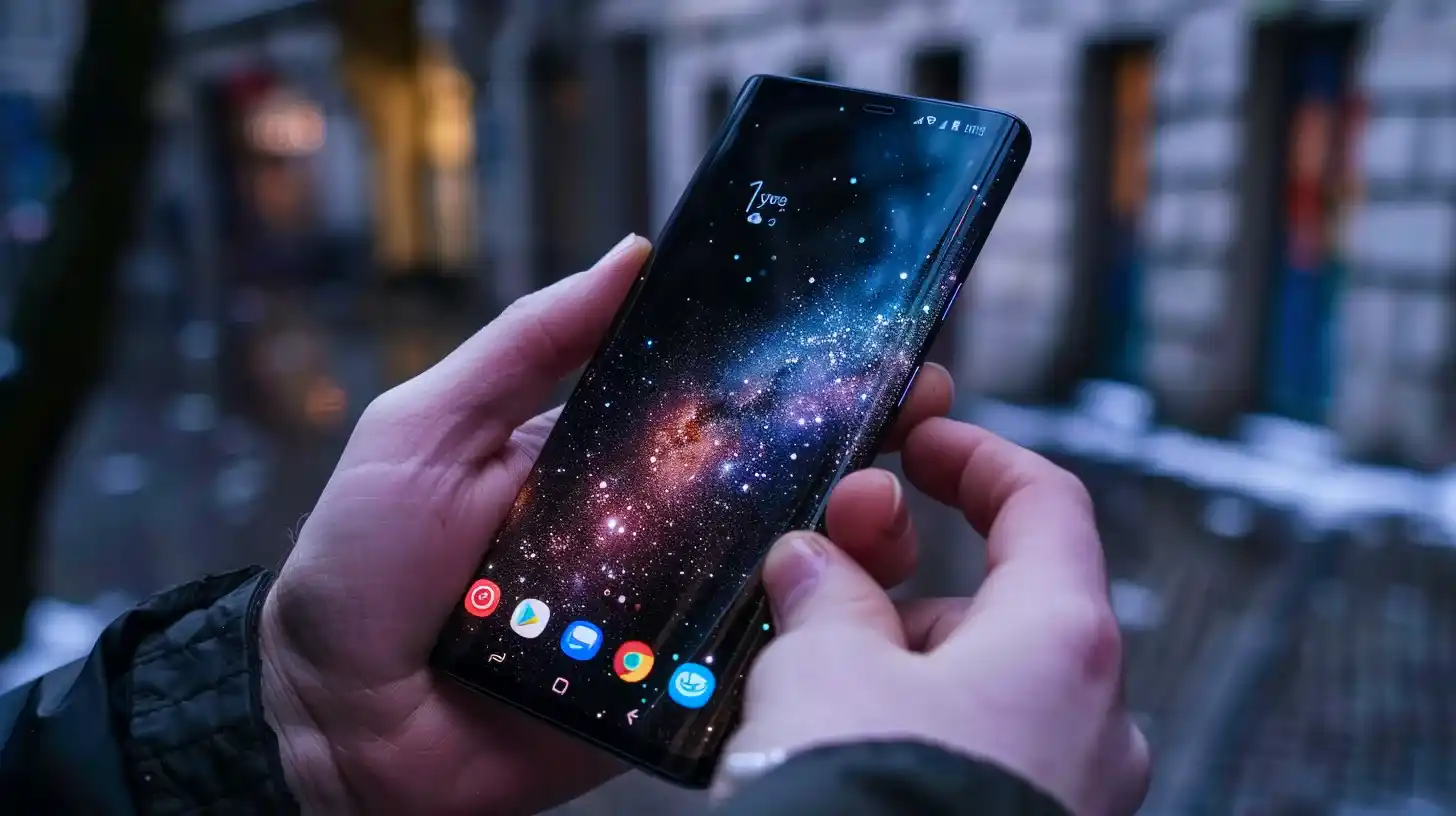Table of Contents
Introduction to Samsung’s Generative AI
Samsung is considering the integration of generative artificial intelligence technology into its voice assistant, Bixby, according to a senior executive’s statement to CNBC. This move by the South Korean technology conglomerate aims to augment the attractiveness of its product lineup.
Bixby’s Evolution
Introduced in 2017 alongside the Galaxy S8 smartphone, it provided various functionalities, such as real-time translation and dining suggestions.
Historically, voice assistants have been more transactional, relying on direct user queries to respond.
However, the advent of advanced chatbots, exemplified by OpenAI’s ChatGPT and similar platforms, has ushered in a new era of generative AI. These systems can process complex inquiries and generate responses in multiple formats, including text, images, and videos.
The Future of Bixby
Bixby is integrated across Samsung’s range of products, from mobile devices and wearables to home appliances, serving as a central interface for device management within the user’s home environment.
To date, Bixby has not possessed the capabilities exhibited by ChatGPT.
Samsung, like other smartphone manufacturers, is keen to enhance its devices with sophisticated AI features. The company has introduced Galaxy AI in its latest S24 series smartphones, featuring innovative functions such as the ability to highlight an item on the screen and conduct a Google search without app switching.
The company is intent on bolstering it’s AI capabilities.
“Bixby has been a pivotal voice assistant for Samsung, not only for mobile devices but also for televisions and home appliances within Samsung’s ecosystem. It has been the foundational voice assistant,” stated Won-joon Choi, Executive Vice President of Samsung’s mobile division, in a recent CNBC interview.
Samsung’s AI Innovations
Choi expressed that with the rise of generative AI and large language model technologies, it is imperative to reassess Bixby’s role. The goal is to equip it with generative AI to enhance its intelligence, facilitating more natural interactions and supporting the interface across Samsung’s product ecosystem.
While Choi did not specify a timeline for the implementation of generative AI features in Bixby, he affirmed Samsung’s commitment to their development.
Samsung’s emphasis on this technology coincides with investor interest in Apple’s approach to generative AI. Apple has scheduled its annual Worldwide Developers Conference (WWDC) for June, where it is anticipated to showcase AI advancements within its product range.
How does Bixby compare to Google Assistant and Amazon Alexa?

Bixby, Google Assistant, and Amazon Alexa are all prominent voice assistants, each with unique strengths and integration capabilities. Here’s a comparison based on recent information:
Device Integration and Control
- Google Assistant excels in device integration, available on a wide range of devices including Android TVs, smart home devices, and even Apple iPhones via an app. It allows for comprehensive control over device settings and supports commands across various platforms.
- Bixby is primarily integrated into Samsung devices, offering detailed control over device functions, particularly within Samsung’s One UI. However, its reach is more limited compared to Google Assistant, as it is designed to work exclusively with Samsung’s ecosystem.
- Amazon Alexa is mainly built for smart speakers and displays, focusing on smart home management rather than phone settings. It offers a broad selection of speaker options and native support for services like Audible.
Performance and Accessibility
- Google Assistant is known for its robust performance, handling basic tasks efficiently and supporting complex commands. It can be activated by voice and is accessible on various devices, including non-Android platforms.
- Bixby also supports hotword activation and can be accessed through voice or device shortcuts. It provides granular control over Samsung devices but may require newer models for full functionality.
- Amazon Alexa is less focused on phone settings but offers strong capabilities in managing smart home ecosystems and audio entertainment.
Ecosystem and Services
- Google Assistant has the advantage of being part of Google’s extensive ecosystem, which includes search, maps, and various other services. This integration allows for a seamless experience across Google’s services.
- Bixby is tailored to enhance the Samsung user experience, with deep integration into Samsung’s services and appliances.
- Amazon Alexa leverages Amazon’s ecosystem, including shopping, music, and books, making it a central part of the Amazon smart home experience.
In summary, Google Assistant offers the most extensive device compatibility and integration, Bixby provides in-depth control within Samsung’s ecosystem, and Amazon Alexa excels in smart home management and entertainment services.